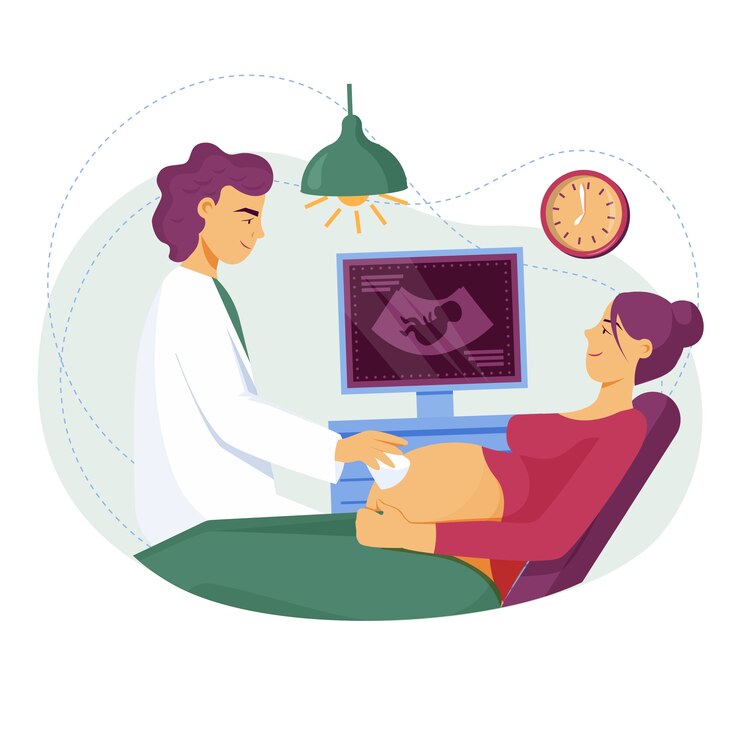
Navigating Pregnancy with Polycystic Kidney Disease (PKD)
Pregnancy and Polycystic Kidney Disease (PKD): Key Considerations for a Healthy Journey
Pregnancy can be an exciting time, but it may present challenges for women with Polycystic Kidney Disease (PKD). PKD is a genetic condition that affects the kidneys and can complicate pregnancy. This blog will guide women with PKD, offering tips and important information to ensure a healthy and safe pregnancy.
Understanding PKD and Its Impact on Pregnancy
PKD causes cysts to grow in the kidneys, affecting their function. Women with PKD face risks during pregnancy, such as high blood pressure, pre-eclampsia, and declining kidney function. Monitoring these conditions closely is essential for a healthy pregnancy.
Key Considerations for Pregnancy with PKD
1. Preconception Planning
Before pregnancy, consult a healthcare provider to assess kidney function and overall health. Discuss medications, lifestyle changes, and genetic counseling options to prepare for a safe pregnancy.
2. Regular Monitoring
Pregnancy requires close monitoring. Frequent prenatal visits and tests to check blood pressure and kidney function are vital. These steps help detect complications early and ensure both mother and baby stay healthy.
3. Managing Blood Pressure
High blood pressure is common in women with PKD. It can lead to complications like pre-eclampsia. Healthcare providers often recommend medications to control blood pressure and reduce these risks.
4. Maintaining a Healthy Lifestyle
A healthy lifestyle is crucial. Eat a balanced diet, stay active (with approval from a healthcare provider), and avoid alcohol and tobacco. These habits support kidney health and ensure a safer pregnancy.
5. Risks and Complications
Pregnant women with PKD are at higher risk for complications, including gestational diabetes, preterm birth, and kidney stones. Work with healthcare providers to monitor these risks and take preventive measures.
6. Postpartum Care
After childbirth, women with PKD should continue to monitor kidney function. Discuss breastfeeding with PKD with healthcare providers to make the best decision for both mother and child.
Conclusion
Pregnancy with PKD requires extra care, but with the right support, many women with PKD can have a healthy pregnancy. Regular medical check-ups, a healthy lifestyle, and managing risks will help ensure a safe journey to motherhood.
To seek medical advice, always consult a Doctor. Here are our recommended experts. Click here
To read more on Polycystic kidney disease.
Click Here

